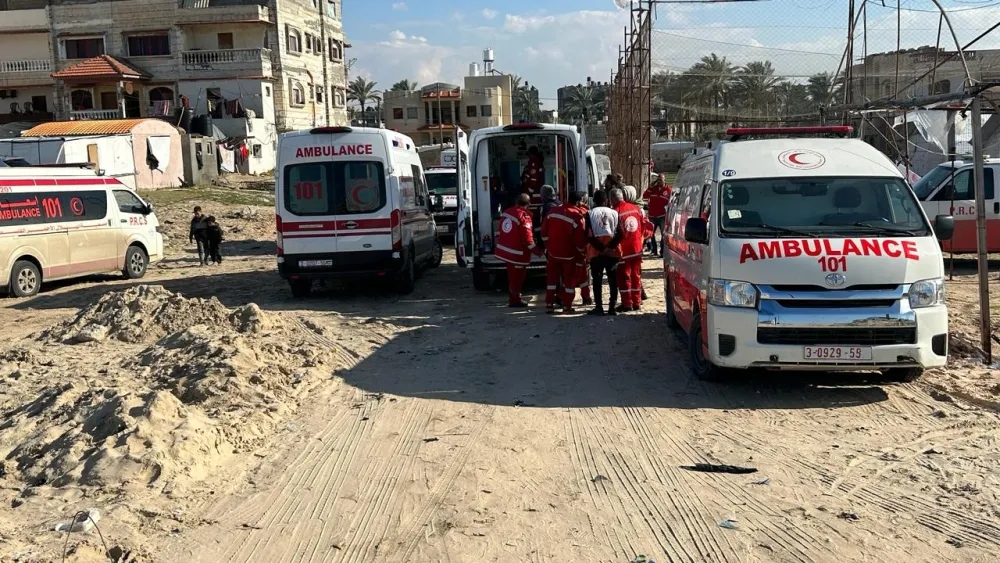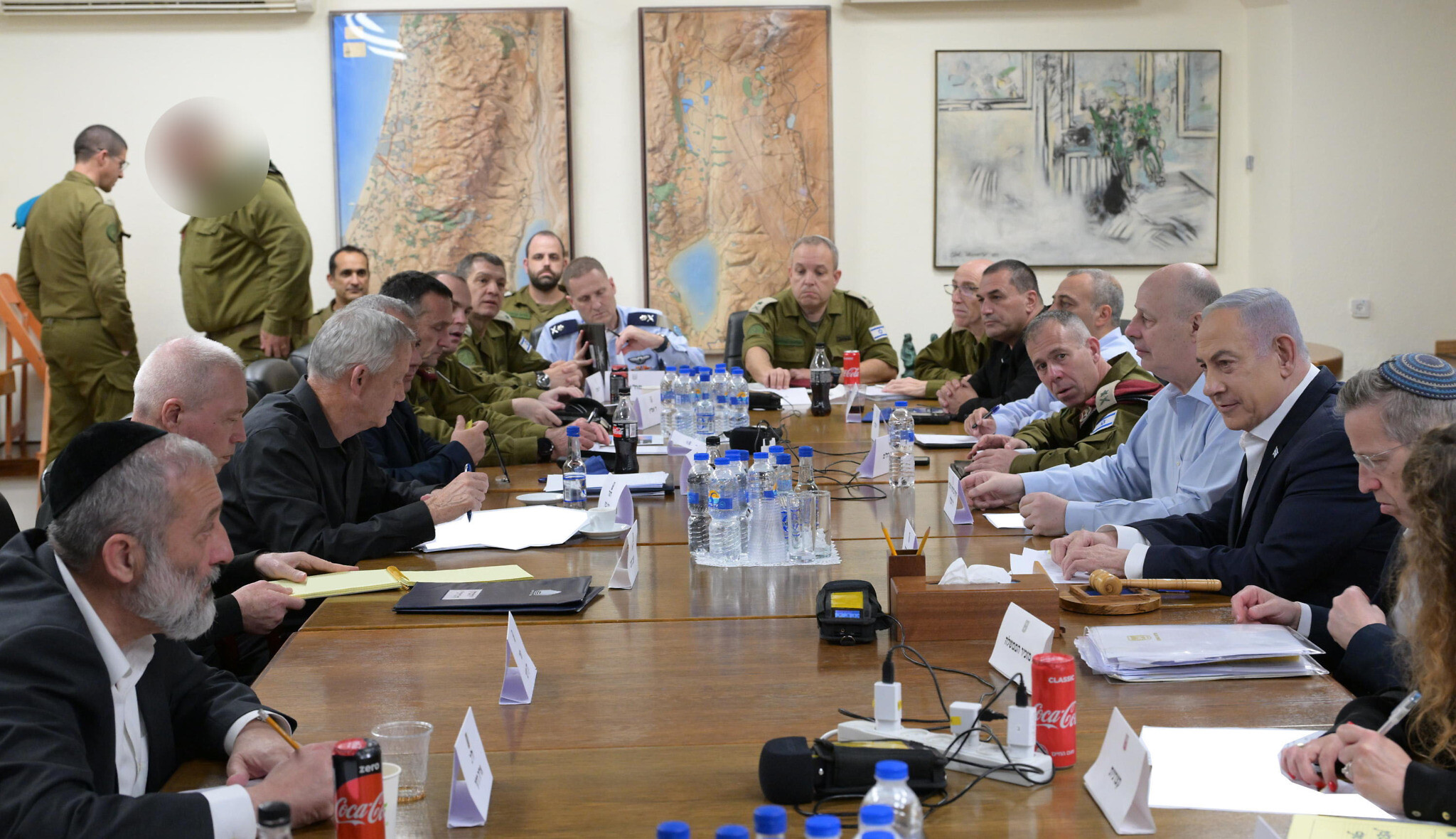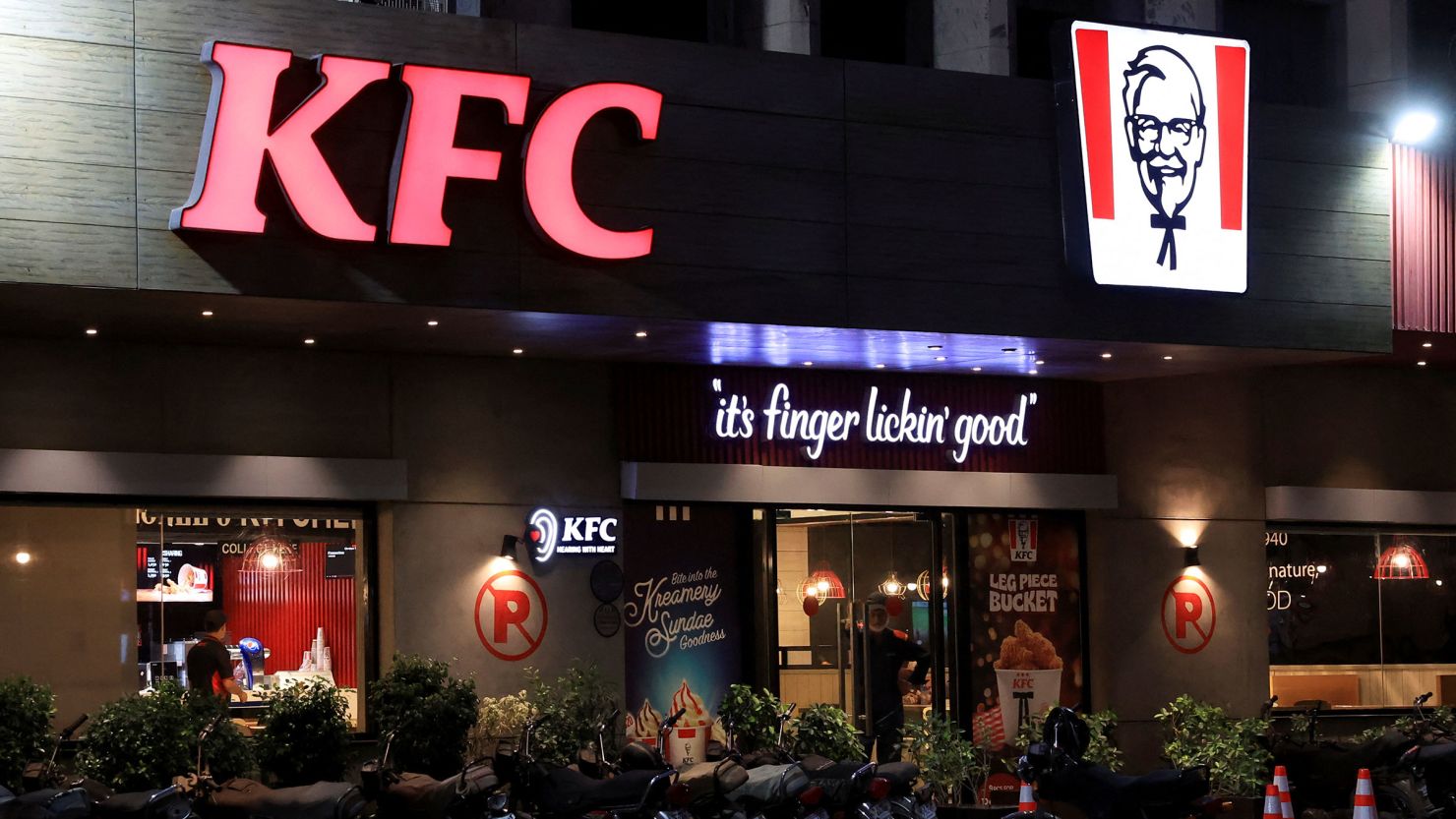Israeli Airstrike on Rafah Camp Kills 45, Sparks Global
Outrage
An Israeli airstrike on the Gazan city of Rafah resulted in
a catastrophic fire, killing 45 people in a tent camp and prompting a wave of
condemnation from global leaders. The strike, which occurred late Sunday night,
ignited tents and makeshift shelters, causing panic and a rush to hospitals as
families prepared their dead for burial.
The Israeli military confirmed it was investigating reports
that its strike, aimed at Hamas commanders in Rafah, inadvertently caused the
blaze. Prime Minister Benjamin Netanyahu expressed regret over the civilian
casualties, emphasizing that the strike was intended to target militants, not
non-combatants. He noted the evacuation of about one million non-combatant
residents in Rafah, but acknowledged a tragic failure in their efforts to avoid
civilian harm.
Eyewitnesses described the chaos and horror as the strike
hit the Tel Al-Sultan neighborhood, a refuge for thousands since Israeli forces
began their ground offensive in eastern Rafah over two weeks ago. Umm Mohamed
Al-Attar, a Palestinian mother, recounted the terrifying moment when the
explosion occurred, disrupting preparations for sleep and engulfing the area in
flames. Video footage captured by Reuters depicted a nightmarish scene of fire
and panic, with efforts to douse the flames proving inadequate.
The death toll, predominantly women, children, and elderly,
is expected to rise due to severe burns among survivors. The Israeli military
stated that the strike, based on precise intelligence, successfully targeted
Hamas' chief of staff for the West Bank and another official responsible for
attacks on Israelis. This action followed the interception of eight rockets
launched from Rafah.
Despite a ruling from the International Court of Justice
(ICJ) ordering a halt to Israel's offensive, Israel maintained its operations,
arguing that the court's decision allowed some scope for military action. The
court also called for the immediate release of hostages held by Hamas. The
United States echoed the need for civilian protection, urging Israel to
exercise greater caution while acknowledging its right to pursue Hamas
militants responsible for attacks on Israeli civilians.
International leaders voiced their outrage over the
incident. French President Emmanuel Macron demanded an end to the operations,
highlighting the lack of safe areas for civilians in Rafah. German Foreign
Minister Annalena Baerbock and EU foreign policy chief Josep Borrell stressed
the importance of adhering to international humanitarian law.
In Rafah, the aftermath of the attack left a scene of
devastation: smoldering wreckage, twisted metal, and charred belongings.
Mourning families gathered around the bodies of their loved ones. Abed Mohammed
Al-Attar, who lost several relatives in the fire, condemned Israel for falsely
promising safety in Rafah's western areas, declaring there is no security for
anyone in Gaza.
The Palestinian Ministry of Foreign Affairs denounced the
strike as a "heinous massacre," while Egypt criticized the attack as
a blatant violation of international law. An exchange of fire near the Rafah
border crossing between Israeli and Egyptian soldiers was reported, resulting
in one fatality, further complicating the situation.
Israeli tanks intensified bombardments in Rafah's eastern
and central areas on Monday, killing at least eight people, including two
medical workers. In a separate incident, an Israeli strike killed three
Palestinian police officers in Al-Nuseirat camp. Israel justified its continued
operations as necessary to eradicate Hamas fighters and rescue hostages believed
to be held in the area.
Global condemnation has been swift, with Saudi Arabia, the
United Arab Emirates, and Qatar criticizing the attack. Qatar warned that the
Rafah strike could undermine efforts to mediate a ceasefire and hostage
exchange. Senior Hamas official Osama Hamdan indicated no plans for ceasefire
talks, maintaining the group's demands for a permanent ceasefire and other
conditions remain unchanged.










